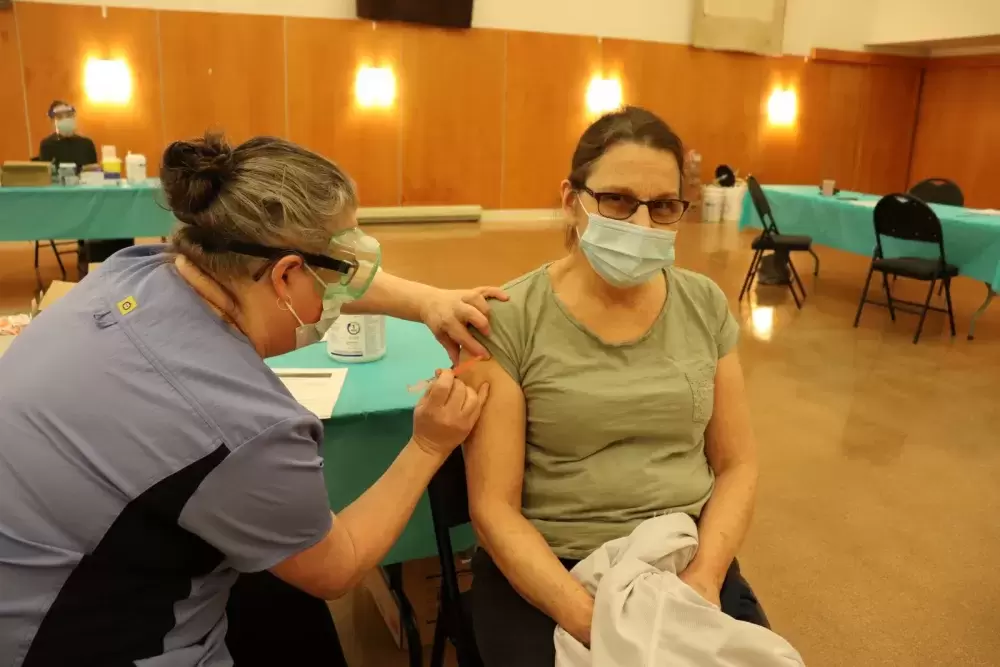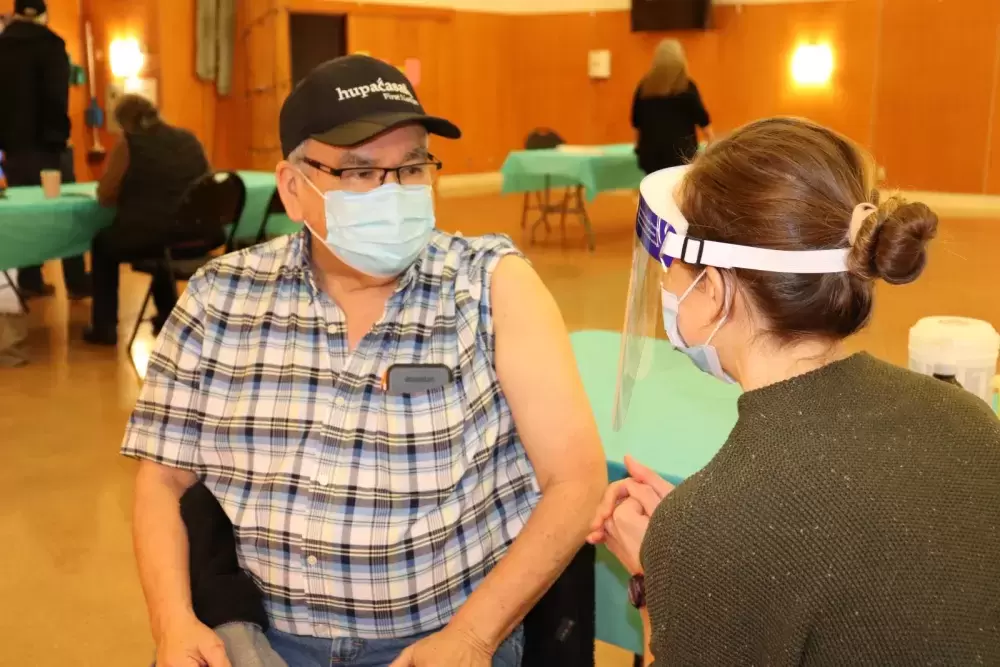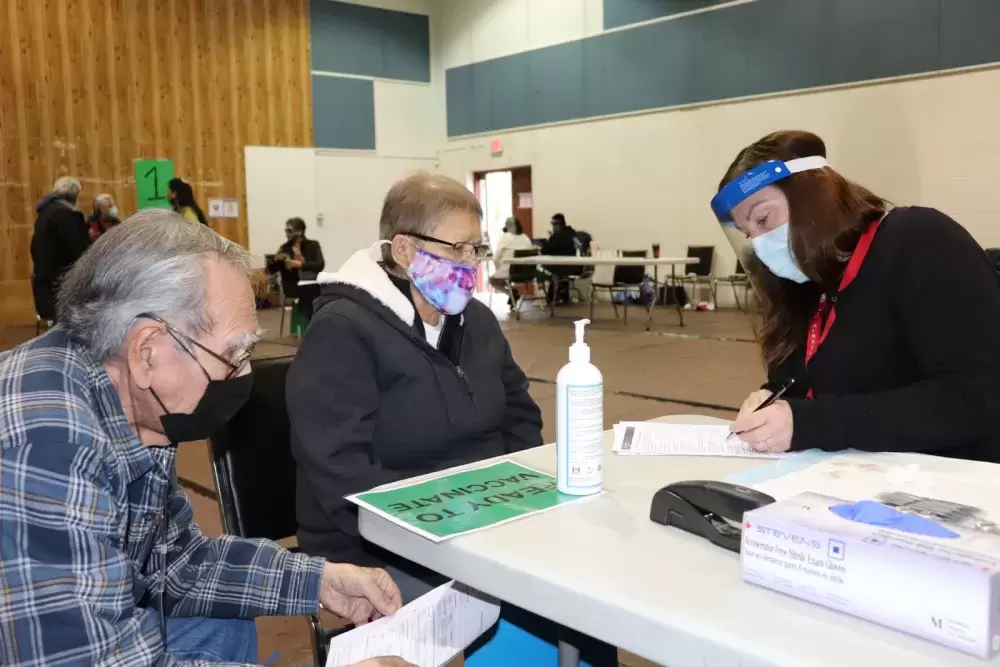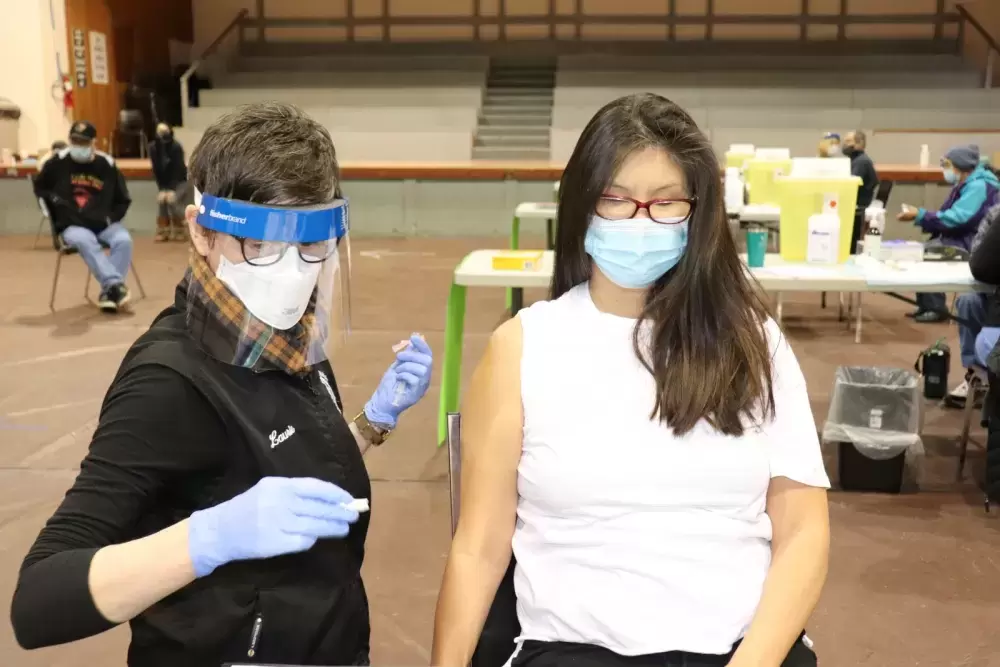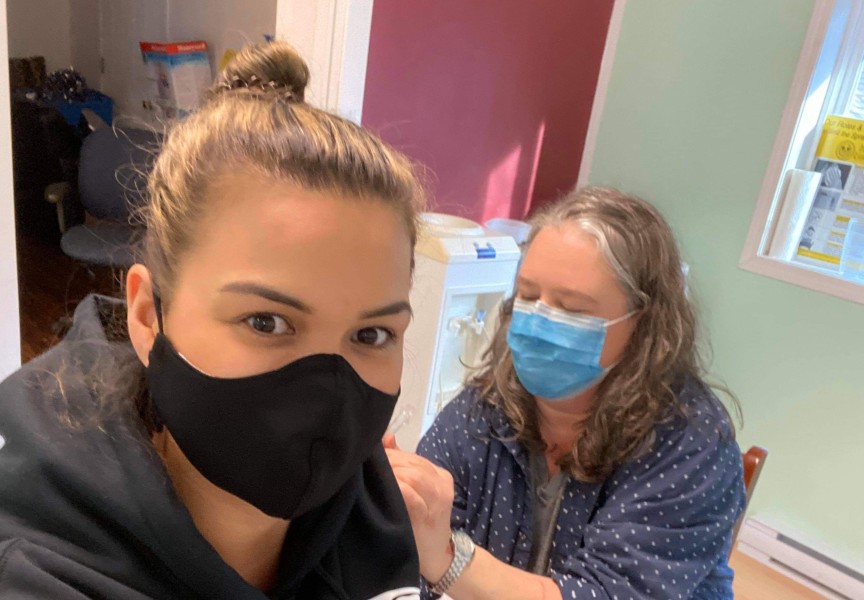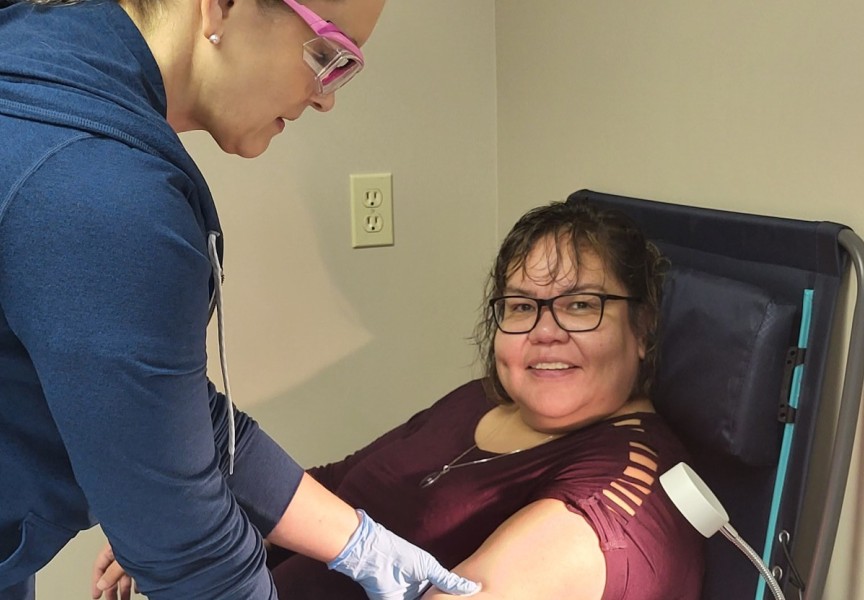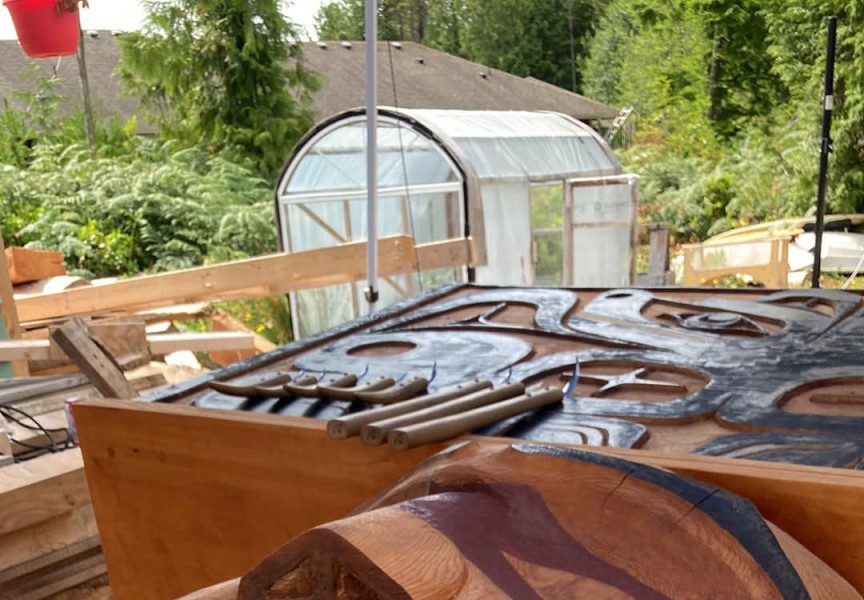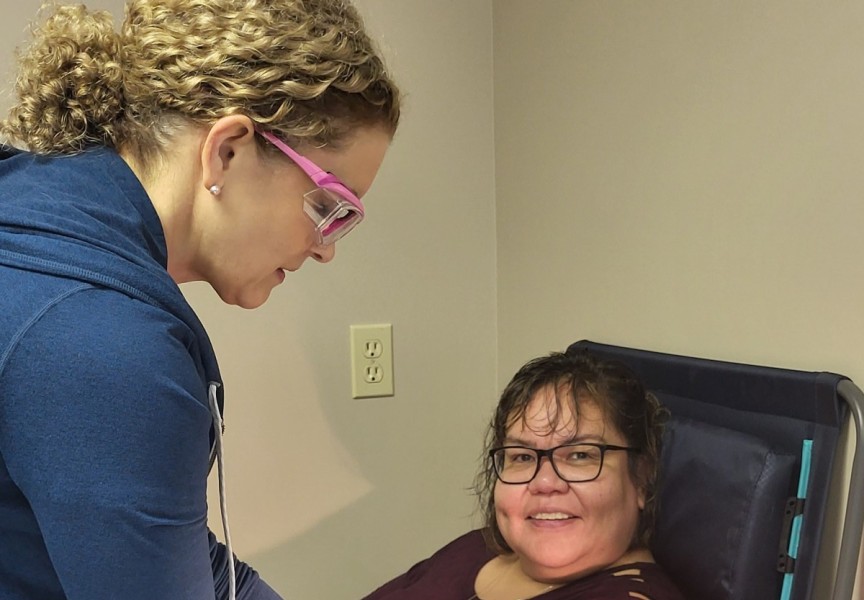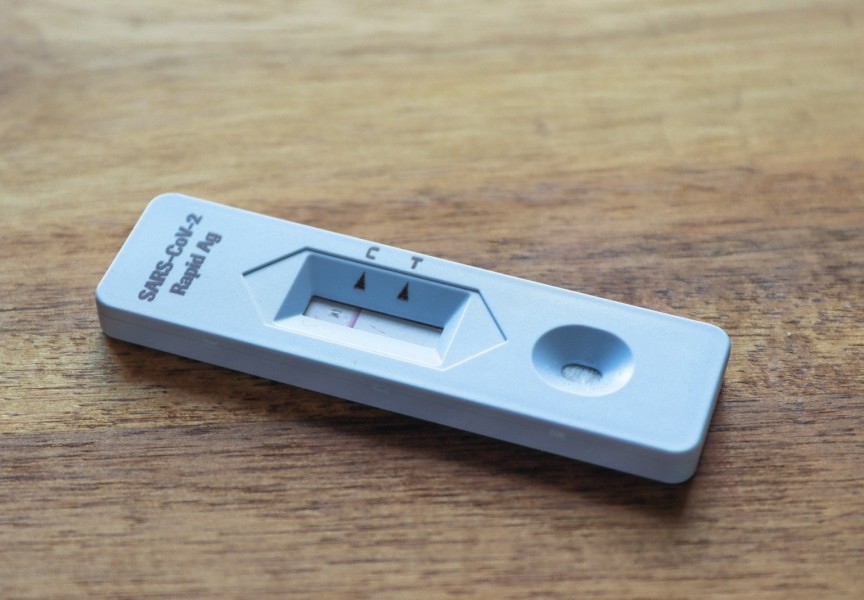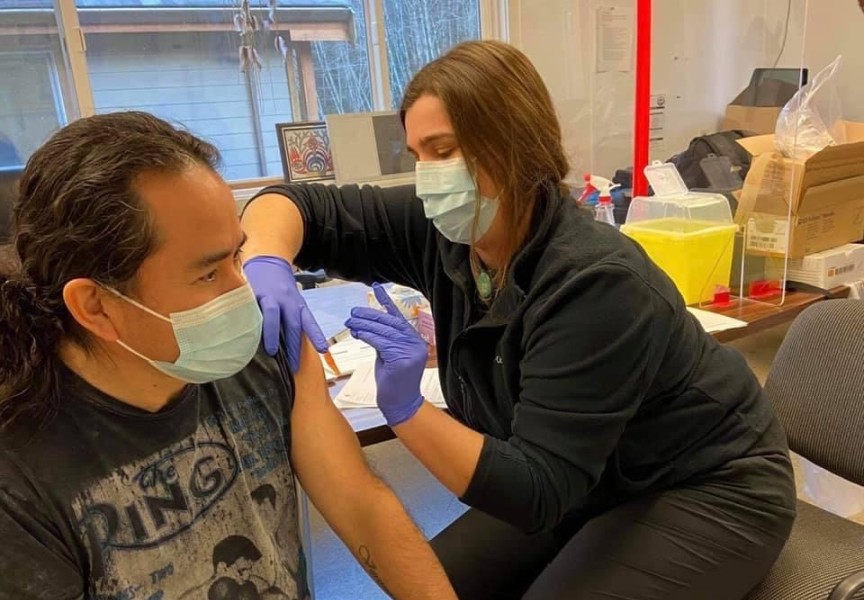As B.C. moved to Phase 2 of its immunization plan on Monday, the Nuu-chah-nulth nations of Tseshaht and Hupacasath remained unsure when COVID-19 vaccines would reach their communities.
The province’s shift in approach, which prioritizes age groups, prompted confusion from community leaders who said that it deviated from the community-wide vaccination plan that was promised.
In a letter addressed to B.C.’s health ministry on Feb. 26, the Nuu-chah-nulth Tribal Council said “the initial plan and framework [included] having every single First Nation on Vancouver Island vaccinated by March.”
Mariah Charleson, NTC vice-president, said that the province’s lack of communication is “alarming.”
“There was no consultation at all with any First Nation leadership regarding this big change,” she said. “We’re worried for the two communities that didn’t receive the [vaccine].”
However, today the worry is over as eligible community members living on-reserve in Tseshaht and Hupacasath began receiving their first dose of the Moderna vaccine.
Ken Watts, Tseshaht First Nation elected chief, described it as a “big relief.”
While standing outside the vaccine clinic at Maht Mahs Gym in Port Alberni, Watts looked to a line-up of around 20 vehicles.
“We have a lot of happy elders and community members,” he said. “They’re really excited.”
Advocating for his members by “pushing politically at all levels,” Watts said that the “pressure helped.”
The First Nations Health Authority (FNHA) said community-based vaccination clinics organized in partnership with First Nation communities will continue through the roll-out of Phase 2.
“The province of B.C.’s vaccination strategy calls for rural and remote First Nations communities to be vaccinated in Phase 1 and the balance of First Nations communities as part of Phase 2 by the end of March,” said a spokesperson from FNHA. “Vaccine availability has hampered this plan until just recently and the timeline is still realistic.”
On Monday, the province announced it is extending the interval between first and second doses of vaccines to four months. The delay in administration of second doses means every eligible person in B.C. can receive the first dose by mid-to-late July.
"At every step of the way, we are putting the health and safety of British Columbians first,” said Premier John Horgan in a media release. "B.C. was one of the first provinces to lay out our vaccine plan, and now we're moving to Phase 2 to reach even more of our seniors and elders. We're getting vaccine into arms as fast as we can given early supply delays from manufacturers, and we're seeing it start to make a difference for people and their communities throughout our province.”
While Charleson said she was relieved Tseshaht and Hupacasath would receive community-wide vaccinations, she stands behind her frustration in the province’s lack of consultation with First Nations leadership.
“It’s a lot of change and it’s literally just been flying at us,” she said. “We haven’t been a part of those discussions – we’re being told.”
As part of Phase 2 of the province’s largest vaccination roll-out in history, over 400,000 people in B.C. will be immunized from March to early-April.
Seniors and high-risk people residing in independent living and senior’s supportive housing - including staff - are being immunized, which began on Monday.
All Indigenous peoples born in 1956 or earlier will be eligible to receive the vaccine and can call to book their vaccine appointment on March 8.
"We can now see the light at the end of what has been a difficult and challenging time for us all,” said Provincial Health Officer Dr. Bonnie Henry in a release. “To get us through, we need to continue to work together and support each other. We are working hard each and every day to make sure that everyone who wants a vaccine gets one.”
As of March 1, 283,182 doses of vaccine have been administered in B.C., 86,537 of which are second shots.
With immunizations underway for the remaining two Nuu-chah-nulth nations, Watts said he can breathe a little easier.
“I don’t think you know how much of a relief today is,” he said.

